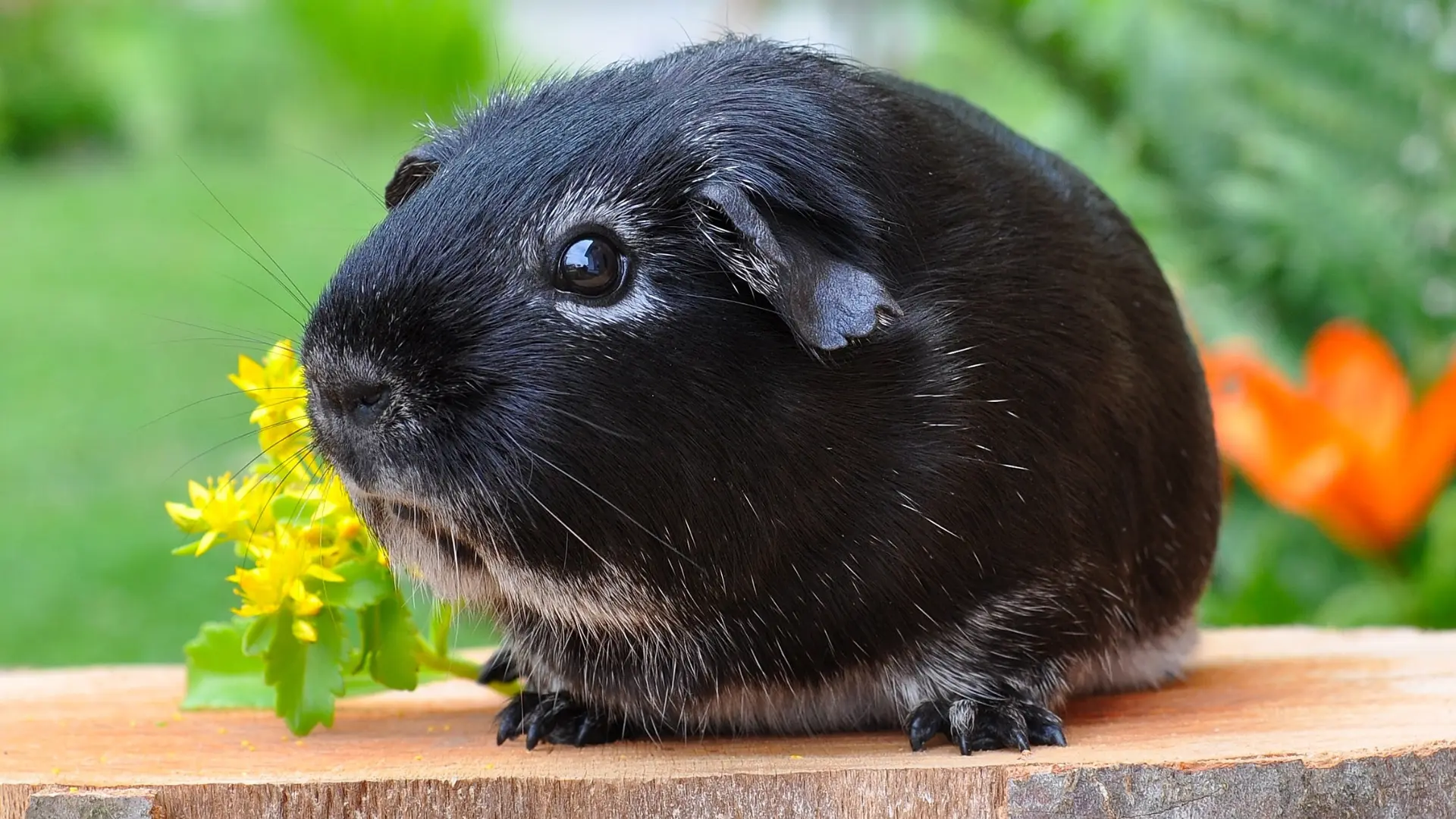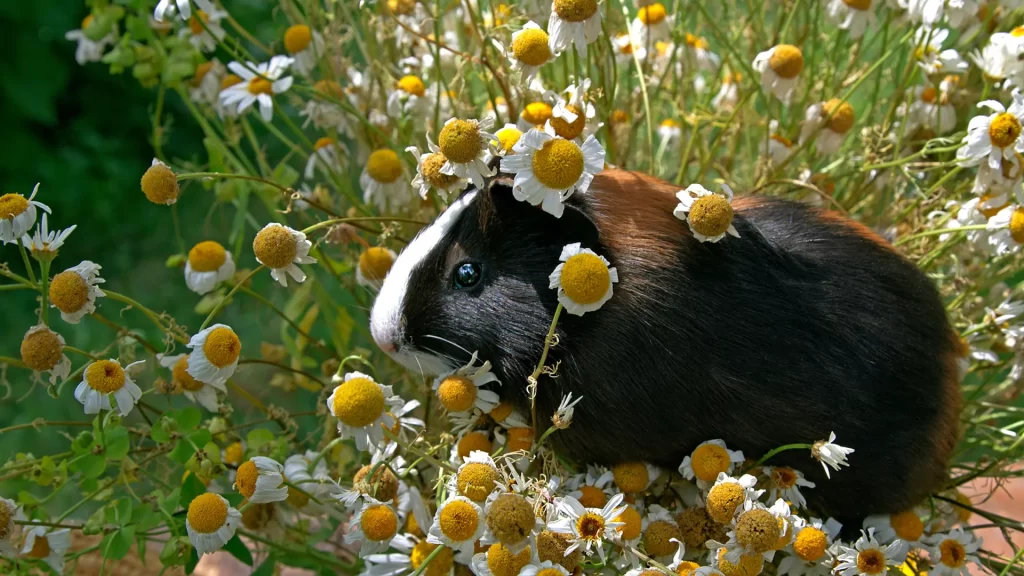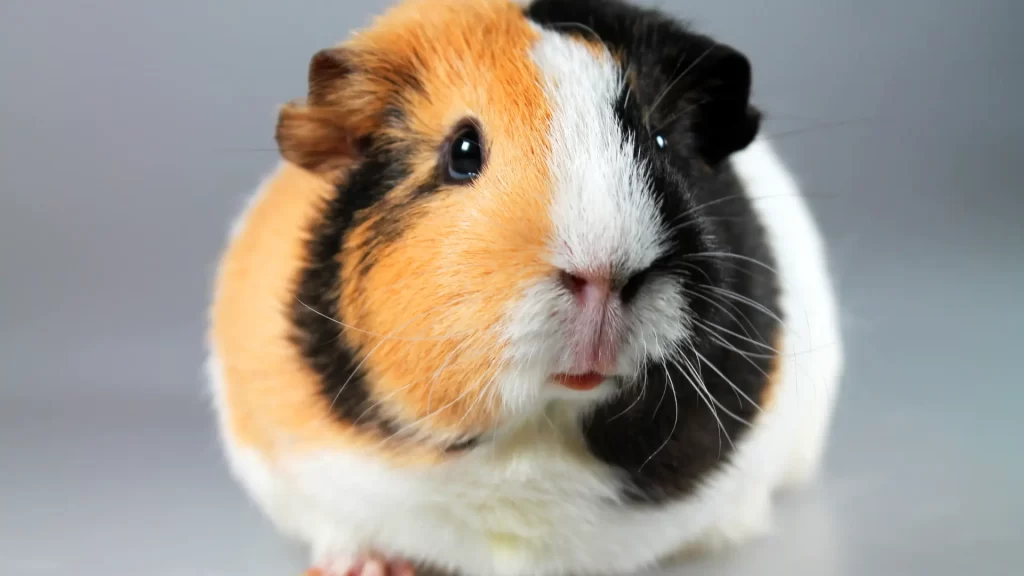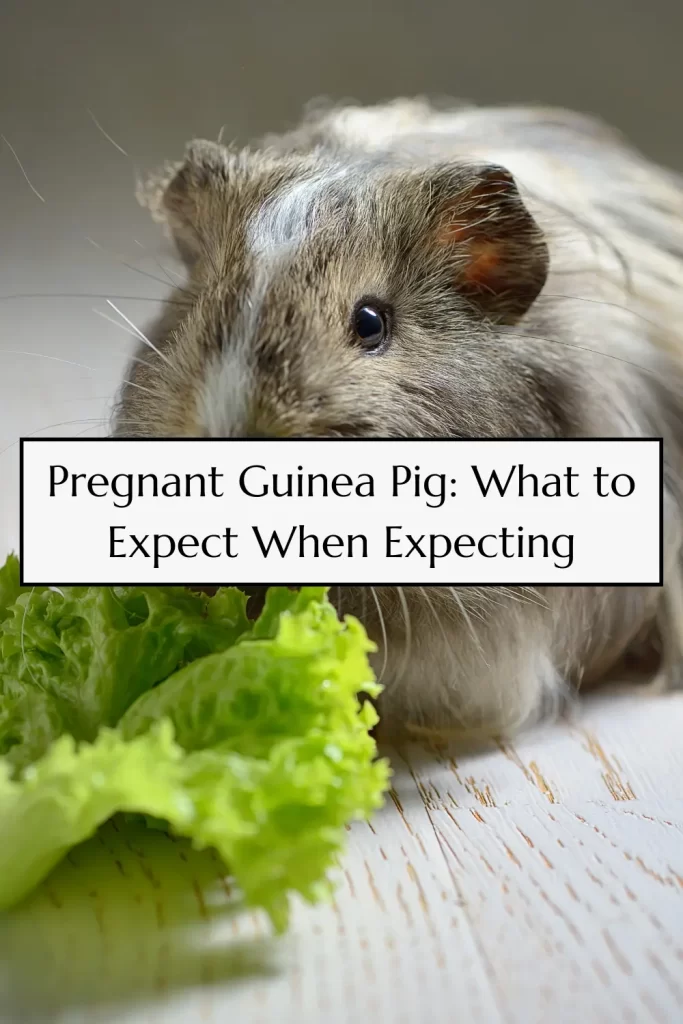
Welcoming a new generation of guinea pigs into the world is a fascinating and heartwarming experience. As responsible pet owners, understanding the process of pregnancy and how to provide proper care and support for pregnant guinea pigs is essential. In this comprehensive guide, we will delve into the various stages of guinea pig pregnancy, signs of pregnancy, proper prenatal care, and how to create a safe and nurturing environment for the expectant mother and her future pups.
Part 1: The Journey of Guinea Pig Pregnancy
The journey of guinea pig pregnancy, also known as a “sow’s pregnancy,” is an intriguing process that unfolds over a span of 59 to 72 days, with an average gestation period of about 63 days. Unlike some other animals, guinea pigs do not have a fixed breeding season, making them capable of reproducing throughout the year. As social and affectionate creatures, guinea pigs naturally mate within a mixed-sex group, making the possibility of pregnancy an exciting possibility.
1. Mating and Fertilization: The first stage of guinea pig pregnancy begins with mating. Guinea pigs are highly social animals, and when a sow and boar (male guinea pig) are kept together, mating usually occurs naturally. The sow’s estrous cycle, also known as the heat cycle, occurs approximately every 15 to 17 days. During this time, the sow becomes receptive to the boar’s advances, and successful mating can lead to fertilization.
2. Early Pregnancy: The early stage of pregnancy, which lasts for a few weeks, may not exhibit noticeable physical changes in the sow. At this point, the developing embryos, known as blastocysts, travel through the oviducts to reach the uterus, where they implant and continue their growth.

3. Mid-Pregnancy: As the pregnancy progresses, usually after two to three weeks, you may start to notice subtle changes in the sow’s appearance. Her abdomen will begin to enlarge as the developing pups grow inside her womb. Additionally, the sow’s weight will gradually increase, reflecting the increasing demands of motherhood.
4. Late Pregnancy: In the later stages of pregnancy, the sow’s belly becomes visibly rounded and more pronounced. You may observe her engaging in nesting behavior, gathering hay, and other materials to prepare a comfortable and secure spot for the impending birth.
Part 2: Signs of Pregnancy in Guinea Pigs
Detecting pregnancy in guinea pigs during the early stages can be challenging. However, as the gestation period progresses, several physical signs may indicate that your sow is indeed pregnant.
1. Weight Gain: A pregnant guinea pig will experience weight gain as the pregnancy advances. The weight gain becomes more noticeable as the pups grow inside her, leading to an increased demand for nutrition.
2. Enlarged Abdomen: One of the most apparent signs of pregnancy is the enlargement of the sow’s abdomen. As the number of pups increases, her belly becomes more rounded and pronounced.
3. Nesting Behavior: Towards the end of the pregnancy, the expectant mother may exhibit nesting behavior. This includes gathering hay, straw, and other materials to create a warm and cozy nest for her future pups.
4. Decreased Activity: Some pregnant guinea pigs may exhibit reduced activity levels as they approach the end of their pregnancy. They may prefer to rest more frequently, preparing themselves for the upcoming birthing process.
Part 3: Ensuring Proper Prenatal Care for Pregnant Guinea Pigs
Providing proper prenatal care is essential for the health and well-being of both the pregnant guinea pig and her developing pups. As a responsible pet owner, there are several essential aspects to consider during this crucial time:
1. Balanced Diet: A well-balanced diet is crucial for the health of the pregnant sow and her future pups. Offer high-quality guinea pig pellets that contain essential nutrients, along with a variety of fresh vegetables. Providing a constant supply of clean hay is also vital for the sow’s health and proper digestion.

2. Safe Living Environment: Create a safe and comfortable living space for the pregnant guinea pig. Ensure that the cage is spacious, clean, and free from any potential hazards that could harm the sow or her pups.
3. Veterinary Check-Up: Schedule a visit to the veterinarian for a health check-up and confirmation of pregnancy. A knowledgeable vet can provide guidance on proper care and address any health concerns or complications that may arise.
4. Limit Stress: Pregnant guinea pigs are sensitive to stress, which can negatively impact their health and the well-being of the developing pups. Minimize handling and avoid any sudden changes in their living environment during the later stages of pregnancy.
Part 4: The Arrival of Guinea Pig Pups and Their Care
As the sow approaches her due date, it’s essential to be prepared for the arrival of the newborn pups. Guinea pigs are generally capable of giving birth without significant intervention, but being informed and proactive will help you provide the best support for the sow and her pups.
1. Labor and Delivery: Guinea pigs usually give birth in the early morning or late evening. During labor, the sow may become vocal and display signs of discomfort. The delivery process should progress smoothly, with each pup being born every 10 to 15 minutes.
2. Maternal Care: After the birth, the sow will instinctively care for her pups, cleaning them and encouraging them to nurse. Avoid disturbing the sow during this critical bonding period, as it’s essential for her to develop a strong maternal instinct.
3. Monitoring and Weaning: Observe the newborn pups to ensure they are nursing and gaining weight. Guinea pig pups will start nibbling on solid food from an early age, but they will continue nursing from their mother for about three to four weeks. After this period, they can be gradually weaned onto a diet of hay, pellets, and fresh vegetables.
Part 5: Socialization and Handling of Guinea Pig Pups
After the weaning process, socializing the guinea pig pups becomes an important aspect
of their development. Gentle and regular handling from an early age helps them become accustomed to human interaction and establishes a bond of trust.
1. Handling: Handle the guinea pig pups gently and frequently to familiarize them with human touch and interaction. Always support their bodies and avoid sudden movements, as young guinea pigs can be fragile.
2. Safe Environment: Provide a safe and stimulating living environment for the pups as they grow. A spacious cage with plenty of toys and hiding spots allows them to explore and play, contributing to their physical and mental development.
3. Gradual Introductions: If you have multiple guinea pigs, introduce the pups to their potential cage mates gradually and under supervision. Guinea pigs are social animals and usually enjoy the company of their peers.
In conclusion, the journey of guinea pig pregnancy is a captivating and miraculous process that requires dedicated care and attention. By understanding the various stages of pregnancy, recognizing the signs of pregnancy, and providing proper prenatal care, you can ensure the health and well-being of the expectant mother and her adorable pups. With patience, love, and proactive care, you can witness the joyous arrival of new life and nurture these charming creatures into beloved and cherished companions for years to come.


